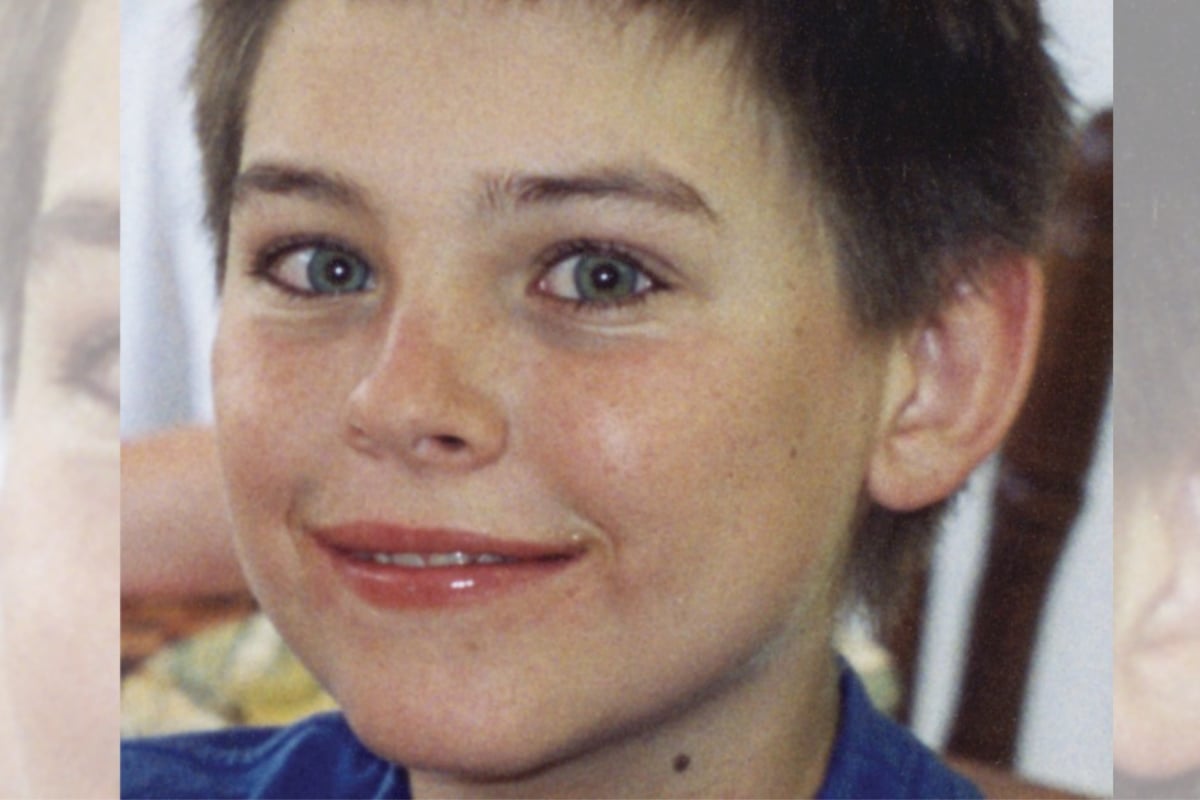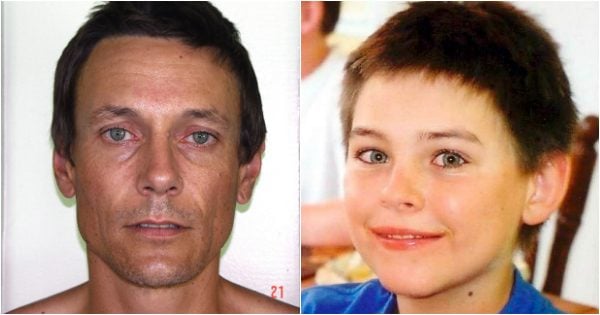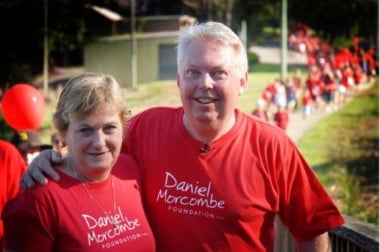
Last week, the government announced in its federal budget that it would allocate $7 million to go towards a sex offenders list in Australia.
America already has one. It’s called Megan’s law.
Seven-year-old Megan Kanka was lured into her neighbours house in 1994 where she was raped and murdered.
The register can be downloaded in app form, and allows residents to drop a pin and see who in the vicinity is a convicted sex offender.
The Quicky episode on the sex offender’s register can be listened to below. Post continues after podcast.
Within 5km of the Hollywood Walk of Fame, there are 77 registered sex offenders.
In Australia, it would be called Daniel’s Law.
Daniel Morcombe was abducted from a Sunshine Coast bus stop in 2003 when he was 13. In 2014, convicted sex offender Brett Peter Cowan was charged with his murder.
Daniel’s parents Bruce and Denise Morcombe think a register will help educate parents and carers about keeping children safe.
It wouldn’t have helped their Daniel, his murderer lived several suburbs away, but Bruce told The Quicky it’s about bringing in a big enough deterrent to stop would-be offenders.
“Somebody that is on the register will not want to offend again, because they are known to be already up in lights, and somebody that hasn’t been found guilty before, they may well have offended before, but if they haven’t in the courts been found guilty – they won’t be on this register,” he told host Claire Murphy.



Top Comments
While we're at it - let's start a register for serious domestic violence abusers as well.
Better still, how about the legislation get updated andd actually send these sorts of scumbags to gaol for a very long time. I don't understand the light sentences these perpetrators get when the victims have life-long problems to deal with in the aftermath of these horrendous crimes. I also think perpetrators of particularly nasty crimes whereby the victim ended up taking their life in the years after because of the metnal health fall-out from the crime against them, should be charged with involuntary manslaughter as well and have that added to their sentence.
I don't want to hear anyone go on about "they've done their time". I'm sorry .. not sorry. You want to perpetrate a crime against a child or rape or murder someone, then you've had your ONLY chance to be a "meaningful productive member of society".
These animals served their time in jail so they deserve to move on as if nothing has happened? While their young victims must accept a lifetime of sufferings?